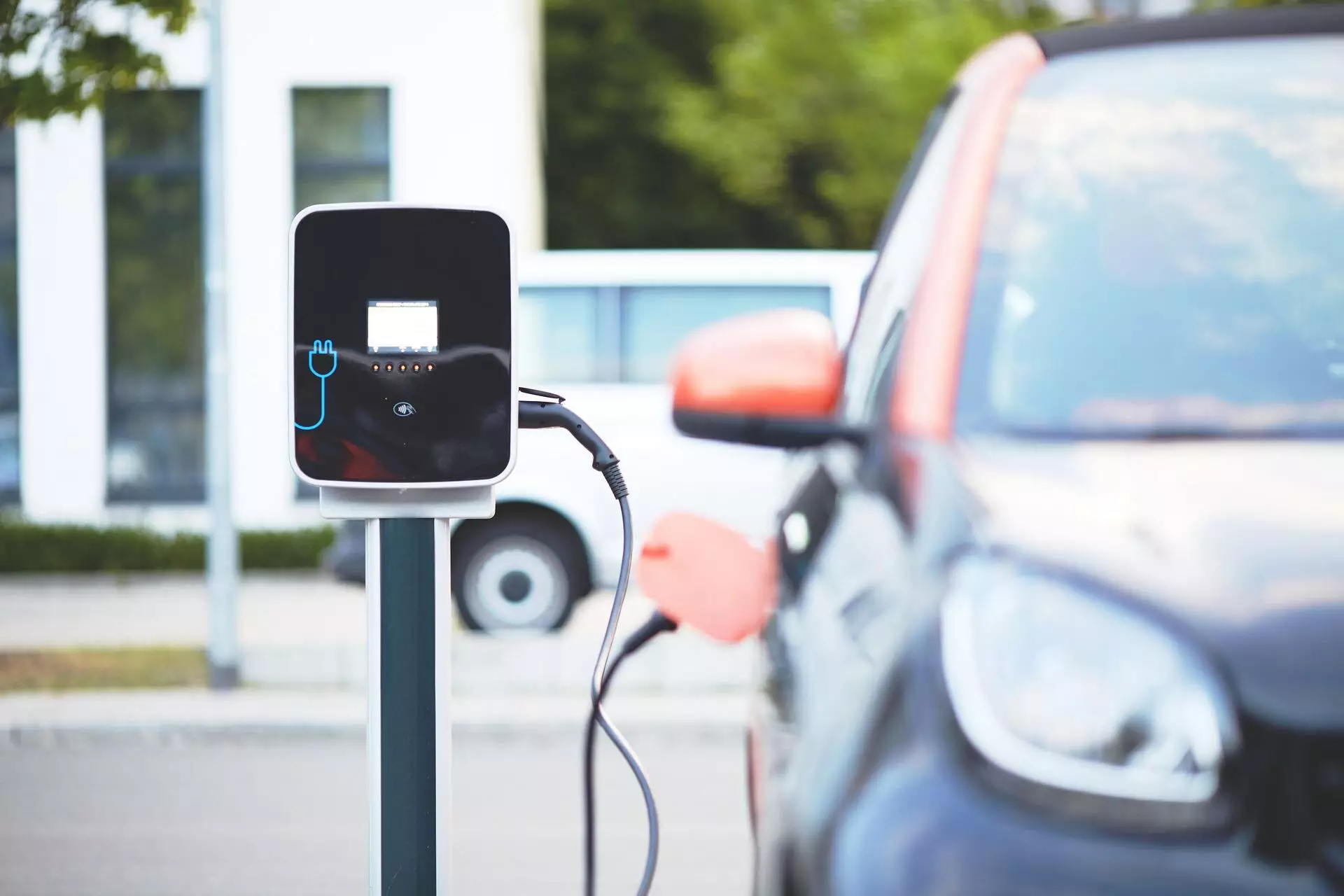In states like Florida, where hurricane activity and extreme weather are commonplace, the role of electric vehicles (EVs) and their supporting infrastructure has become a focal point of concern and innovation. With the increasing adoption of EVs, there is a pressing need for efficient and resilient public charging networks that can withstand the challenges posed by natural disasters. The urgency of this issue has been underscored by a recent study conducted by the University of Florida (UF) which highlights critical insights into how charging services can adapt to extreme weather conditions, ensuring that all communities have equitable access to electric mobility.
The intricacies of EV charging services increase significantly during emergency situations such as hurricanes. High wind speeds and flooding not only damage physical infrastructure but also disrupt accessibility to charging stations, amplifying the already formidable challenges of supply and demand. The factors that influence the resilience of charging networks depend heavily on both geographical and socioeconomic characteristics of the surrounding communities. This multifaceted challenge calls for innovative strategies and planning frameworks that prioritize the sustainable development of EV infrastructure.
Yan Wang, Ph.D., along with his research team, has illuminated the necessity for proactive measures in planning and deploying charging networks, particularly in regions susceptible to weather extremes. Wang emphasizes that, “The principal takeaway from this study is the critical role of proactive and dynamic planning in deploying electric vehicle (EV) charging infrastructure.” Utilizing advanced modeling techniques enables researchers to explore hypothetical scenarios to predict service performance during disasters, propelling the advancement of preparedness strategies aimed at enhancing infrastructure resilience.
The research conducted in the aftermath of Hurricane Ian serves as a case study for understanding the vulnerabilities of Tampa Bay’s EV infrastructure. The team’s analysis led to the conclusion that well-connected charging stations and those that service a diverse user population exhibited increased resilience, recovering more swiftly post-disaster and maintaining service levels during extreme weather conditions. This finding not only showcases the necessity of connectivity within the charging network but also reveals existing disparities in access, particularly among marginalized communities, highlighting an urgent need for targeted interventions.
Dr. Ruth Steiner, alongside doctoral candidate Ziyi Guo, conducted research that provided crucial insights into the social inequities associated with charging access. It became evident that the disruptions from storms do not merely isolate neighborhoods; rural areas, despite being far from direct flooding, can experience indirect consequences due to the degradation of nearby charging stations. Guo articulates this point clearly, stating, “If you live out in the country, you might be totally remote from the flooding, but you’re still influenced indirectly because the nearest charging station is out of order.”
To anticipate and address such complexities, the research team devised a counterfactual analytical framework using a multi-agent-based model. This model simulates potential impacts under severe hurricane scenarios, thereby furnishing valuable data that facilitates proactive infrastructure planning. Wang notes that their findings reveal the consequences of unevenly distributed charging infrastructure: not only does it hinder greater EV adoption, but it also magnifies social inequities, demanding an equitable planning approach that ensures vulnerable communities are not left behind.
Florida’s coastal communities stand to gain immensely from this forward-thinking approach that blends scenario planning with data-driven insights. The research advocates for a comprehensive evaluation of both the physical robustness of charging stations and the behavioral tendencies of users during emergencies. Such assessments can inform better infrastructure design that remains functional amidst disasters.
The adaptable model utilized in this research paves the way for evaluating the impact of extreme weather events on EV services even closer to home, such as at the University of Florida campus or beyond, in cities like Gainesville. Guo envisions this adaptability, stating, “With all this information, we will be able to quickly predict and suggest improvements to all local resilience structures.” It is a testament to the potential for localized research to inform larger-scale infrastructure planning.
The comprehensive approach developed through recent research highlights the immediate need for Florida to rethink and reshape its EV charging infrastructure. As electric mobility becomes increasingly vital, ensuring access and resilience through equitable planning will not only prepare communities for future challenges but also set the framework for a sustainable transition to electric mobility. The insights gained from Florida’s hurricanes can serve as a model for other regions prone to environmental shocks, fostering a collective spirit of preparedness and resilience.


Leave a Reply